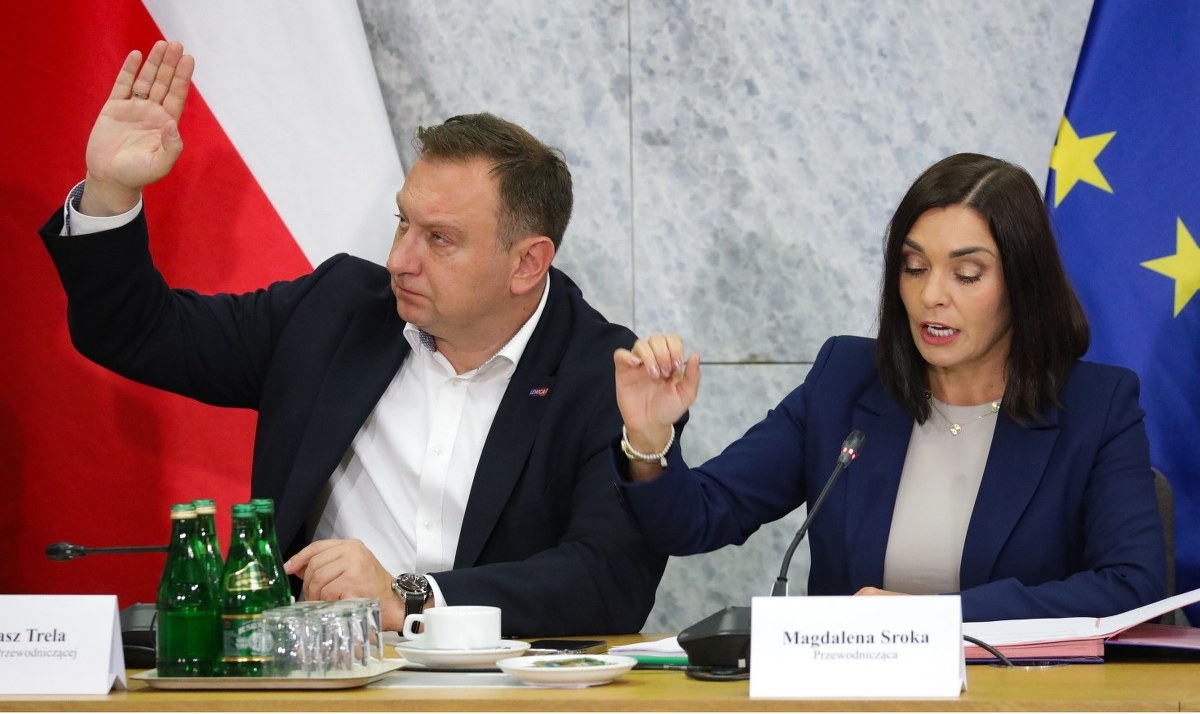Racial disparities in London's criminal justice system are "shameful" for the capital, the head of the Metropolitan Police has declared. Sir Mark Rowley made the stark admission during an appearance on Sky News' Sunday Morning With Trevor Phillips.
The Met Police Commissioner acknowledged the "difficult" issue of racial disparity among both suspects and victims of crime across London. He admitted there was a troubled history between policing and black communities "where policing has got a lot wrong, and we get a lot more right today".
Legacy creates real problems
Sir Mark conceded that mistakes continue to be made, despite improvements. "But we do still make mistakes. That's not in doubt," he said, adding: "I'm being as relentless in that as it can be."
The commissioner highlighted how the legacy of past policing failures, combined with crime disproportionately affecting black communities, creates ongoing challenges. "The vast majority of our people are good people. But that legacy, combined with the tragedy that some of this crime falls most heavily in black communities, that creates a real problem because the legacy creates concern," he explained.
Black boys face unequal chances
Sir Mark delivered a particularly stark assessment of the situation facing young black men in the capital. "It's not right that black boys growing up in London are more likely to be dead by the time they're 18, far more likely than white boys," he said.
"That's, I think, shameful for the city," the commissioner added. He described the challenge of tackling these issues through operations like stop and search, which can further damage trust in communities already wary of police.
Criminals benefit from mistrust
The police chief warned that reduced trust makes policing even more difficult, ultimately benefiting criminals. "The danger is that's landing in an environment with less trust. And that makes it even harder. But the people who win out of that, all of the criminals," Sir Mark said.
He expressed determination to overcome these challenges, stating: "I'm so determined to find a way to get past this because if policing in black communities can find a way to confront these issues, together we can give black boys growing up in London equal life chances to white boys, which is not what we're seeing at the moment."
Multiple issues compound problems
Sir Mark acknowledged that policing alone cannot solve the disparities. He pointed to broader societal issues, noting: "I think black boys are several times more likely to be excluded from school, for example, than white boys. And there are multiple issues layered on top of each other that feed into disproportionality."
Despite describing the Met as a "stretched service", the commissioner assured the public that emergency calls would receive rapid response. "If you are in the middle of the crisis and something awful is happening and you dial 999, officers will get there really quickly," he said.
Criminal justice system struggles
Sir Mark described the broader criminal justice system as "close-to-broken" and a source of frustration for officers. He highlighted the problem of repeat offenders cycling through the system without rehabilitation.
The commissioner cited Sir Brian Leveson's recent report on the criminal justice system's failings. He gave the example of Snaresbrook Crown Court in London, which has more than 100 cases listed for 2029, meaning some defendants on bail could wait four years for trial.
"If it's someone on bail, then who might have stolen your phone or whatever and going in for a criminal court trial, that could be four years away. And that's pretty unacceptable, isn't it?" Sir Mark concluded.
(PA) Note: This article has been edited with the help of Artificial Intelligence.







